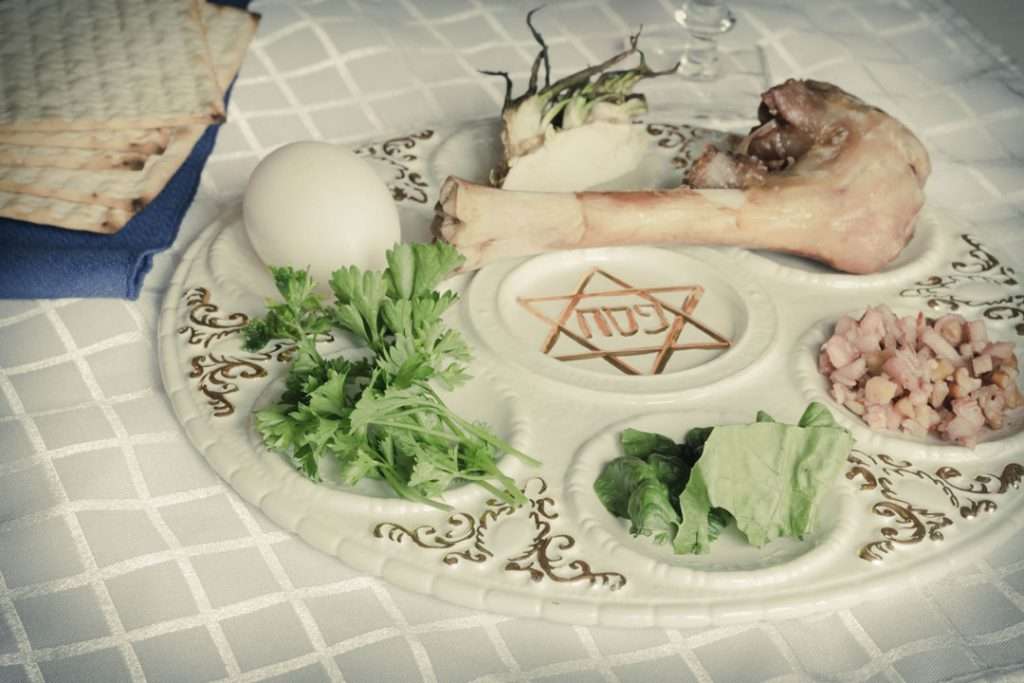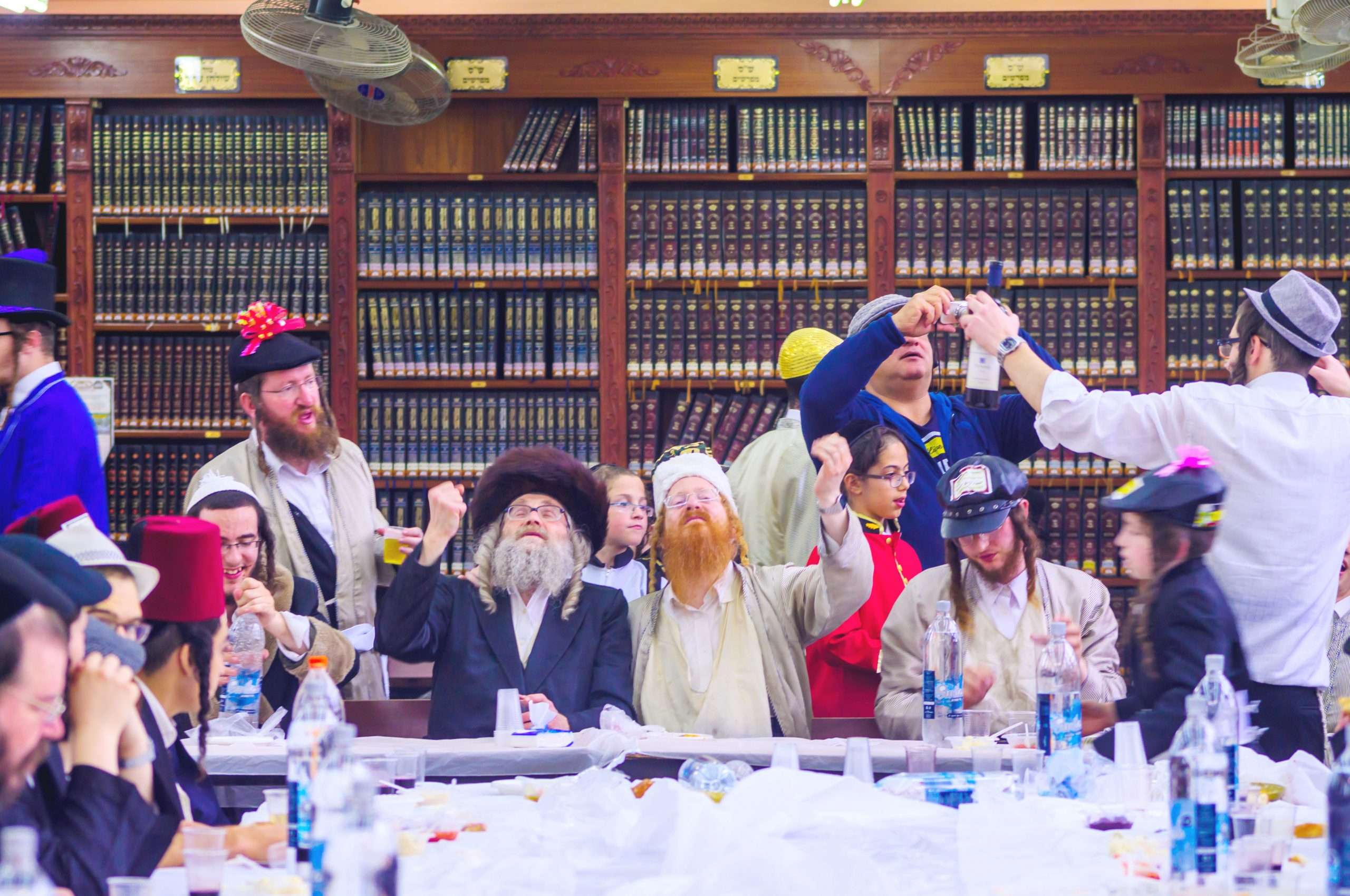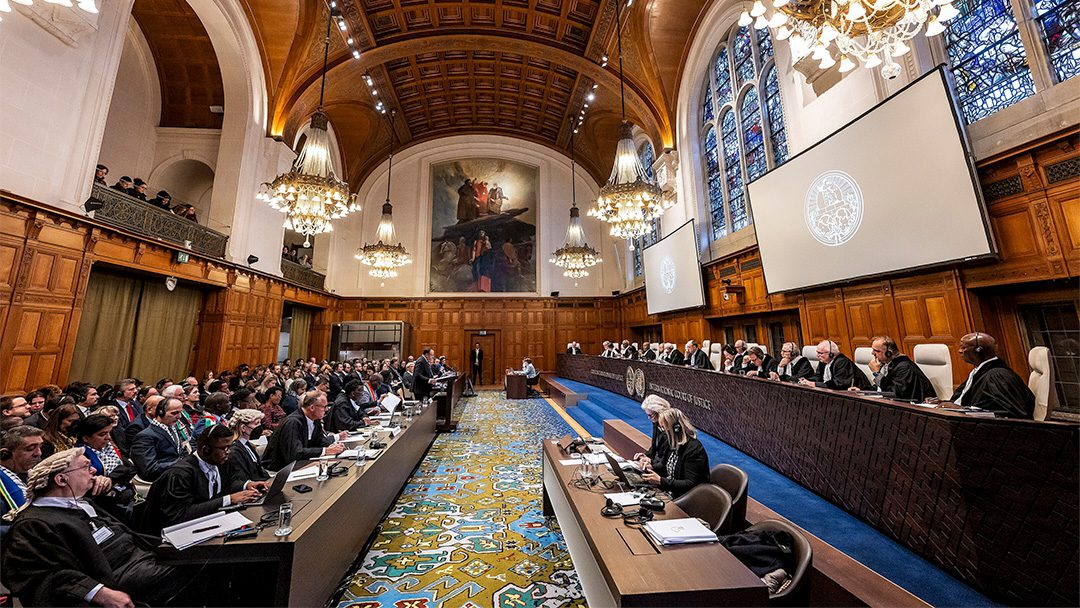“A short summary of every Jewish holiday: They tried to kill us. We won. Let’s eat.” (Comedian Alan King)
This year the Jewish holiday of Purim and the Biblical feast of Pesach formed as it were “bookends” enclosing the month of March.
Purim this year began at sunset on Thursday 25 February and ended at sunset on Friday 26 February. The word Purim is Hebrew for “lots”, referring to the plot of the Persian king’s advisor Haman to draw lots to determine when all the Jews would be destroyed. Esther, the king’s wife and queen who replaced Vashti when she was thrown out of the kingdom, was secretly a Jew, and saved her people from Haman’s plot to massacre the Jews by risking her life and courageously revealing it to the king.
It is a well-known story found in the Biblical book of Esther. On the occasions when I have led a tour group to Auschwitz-Birkenau, the largest of the Nazi concentration and death camps, I have read out to everyone on the bus from Krakow to Oswiecim (Auschwitz) in southern Poland, the whole book of Esther—a reminder both that God is still watching over His people, and that we are called to do all that we can to ensure that “never again” will there be another Holocaust.
About Purim the Jewish website ‘Judaism 101’ says this:
“The primary commandment related to Purim is to hear the reading of the book of Esther. The book of Esther is commonly known as the Megillah, which means scroll…. It is customary to boo, hiss, stamp feet and rattle gragers (rattles or noisemakers) whenever the name of Haman is mentioned in the service. The purpose of this custom is to ‘blot out the name of Haman.’”
In the Torah, a commandment instructs the Jewish people to “blot out the remembrance of Amalek” (Deuteronomy 25:19), which includes Haman. Amalek, a tribe descended from Esau, were the first to attack the Jews as they were fleeing from Egypt. One of the favorite aspects of Purim for children is that they are encouraged then to make as much noise as they can!
Costume parties are held, usually with outlandish costumes. “We are also commanded to eat, drink and be merry…. In addition, we are commanded to send out gifts of food or drink, and to make gifts to charity.”
* * * * * * * * * * * * * * * * * * * * * * * *
Now about the Biblical feast of Pesach. The well-known and in Jewish history pivotal story of the Exodus of the Israelites from Egypt after generations of slavery is recounted in Exodus 1-15.
Pesach (Passover) is one of the three Jewish pilgrimage festivals with both historical and agricultural significance, when in Biblical times all the men of Israel according to the commandments of the Torah were required to come up to the Temple in Jerusalem. The other two pilgrimage festivals are Shavuot (Pentecost) and Sukkot (Feast of Tabernacles).
Pesach is celebrated during the Hebrew month of Nisan, this year from sunset on Saturday 27 March to sunset on Saturday 3 April (4 April outside Israel). It is a holiday extending over eight days during which the Jewish people commemorate the Exodus, the liberation of the Hebrews from slavery in Egypt.
…recognize the hand of Hashem in everything in your lives, in the good times and the ‘bad,’ and in the mundane and extraordinary.
Most of the Biblical feasts are celebrated in the synagogue, where there are special readings for each day of the festival, the story from the book of Exodus being recounted on the first day. For the most part however Pesach is celebrated at home with friends and family. The seder is a service held at home that features storytelling, songs, and a festive meal, the items on the plate guiding Jews in retelling the miraculous Exodus story.

This makes Pesach the most popular Jewish holiday, and families may travel great distances to be together at this special time, often taking the opportunity for week-long holidays. It is also a popular time for Jews from around the world to visit Israel.
Very few Israeli Jews do not participate in one way or another in the celebration of Pesach, a time when there is a very real focus on God’s protection and provision.
Writes Rabbi Yehudah Prero:
“Purim celebrates our deliverance from the hands of those who oppressed us, those who plotted our destruction. This is a theme seen in the celebration of Pesach, as well. On Pesach, we celebrate our exile from Egypt, from those who enslaved and persecuted us. Both Purim and Pesach share the theme of salvation and deliverance to freedom.” (www.torah.org)
And so both Purim and Pesach are powerful opportunities for Jewish people worldwide to remember and recount God’s miraculous action on their behalf in delivering them from their enemies.
At the same time Christians rejoice in the freedom made available through Jesus (Yeshua), whose self-sacrificial love we remember with deep thanksgiving. Together—Jew and Christian—may we never cease to marvel at the greatness and mercy of our God, who acts so powerfully on our behalf!
* * * * * * * * * * * * * * * * * * * * * * * * *
And now for a lengthy and fascinating insight from a young Jewish seminary graduate called Aliza, which I came across many years ago (but unfortunately cannot now locate online). This has really blessed me and so I gladly share it with you.
“Purim is a holiday all about the hidden miracles in life—Hashem [a name used for God by Jewish people] was hidden in the story of Purim, and His name is not mentioned once throughout Megillat Esther.
“As the name alludes to, megilla comes from the Hebrew word ‘L’galot,’ to reveal or uncover, and Esther comes from the word ‘Hester,’ hidden or covered. Thus, Purim is viewed as a holiday where Hashem’s guiding hand was hidden, but we look through to see that now and commemorate His presence in our lives, though seemingly hidden.
“Pesach, on the other hand, was a time when Hashem’s miracles were ever-present, and so obvious to all. They were great in quantity and in quality, even more so than any other time in Jewish history. Pesach is thus a time for looking at the miracles which are obvious.
“The time in between Purim and Pesach should then be a time where we go from not being able to see Hashem or His miracles to being able to see Him everywhere in everything. This time should be a growth period where we work on seeing His hand in everything; such as the fact that we breathe and walk, that the snow melts and that the sun shines, that a baby is born and that an old man dies…
“As Pesach then approaches we have prepared ourselves to commemorate His hand in the Pesach story more so than we would have been able to otherwise, and that is really what this time should be used for. We can’t just jump straight into Pesach and the remembering of the redemption from Egypt.
“Remembrance days are often used as just that; days for remembrance. However there’s no internalizing these things we remember or growth from what we have learned. This is where Pesach differs from any American or Canadian remembrance holidays. This Yom Tov is for remembering the story through the reading of the Haggadah and constant reminders throughout the year during our prayers and such, but we don’t just remember. We also learn lessons and open our eyes to the miracles Hashem has given us.
“My bracha [blessing] to you all is that you be able to recognize the hand of Hashem in everything in your lives, in the good times and the ‘bad,’ and in the mundane and extraordinary. Hashem is always there to guide us, but it is up to us whether we open our eyes to His presence or not.”
* * * * * * * * * * * * * * * * * * * * * * * * *
And so I am reminded that each one of us must grow in our recognition of God’s miraculous and protective hand upon our lives—whether in the tiny details or the major life-changing events.
I am also reminded that our God—the God of Abraham, Isaac and Jacob—will surely watch over and protect His covenant people the Jews as they are continually threatened by those who would destroy them and seek to wipe Israel off the world map.
Looking for some relevant reading from God’s word? Try the book of Esther, Exodus 1-15 and Psalm 121.












0 Comments